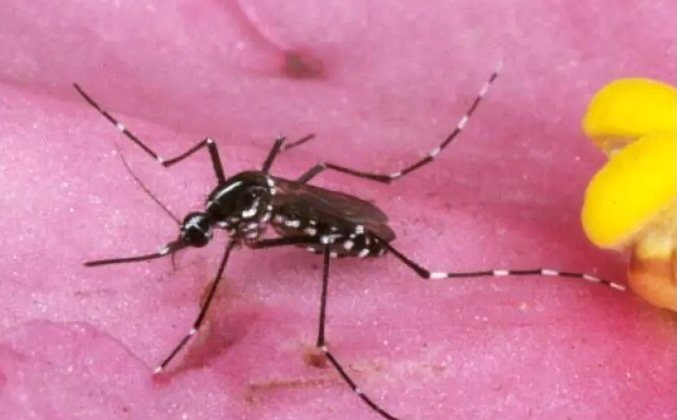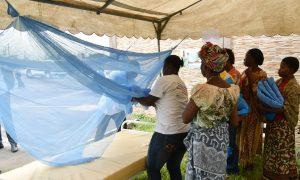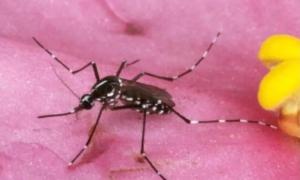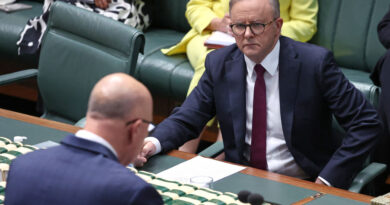Australia allocates $30 million to fight against Malaria in the Pacific Region
$17 million will be allocated to develop new treatment options, particularly medicines suitable for children and pregnant women.
On World Malaria Day, Australia’s Foreign Minister, Penny Wong, revealed an aid package for Pacific and South-east Asian nations to address the impacts of the mosquito-borne virus.
The disease predominantly affects tropical and subtropical regions and remains a significant health concern in certain parts of the South Pacific, notably in countries like Papua New Guinea, the Solomon Islands, Vanuatu, and areas of the Federated States of Micronesia, where over seven million cases were reported in 2022.
These regions experience ongoing disease transmission due to factors like the presence of the Anopheles mosquito vector, which transmits the malaria parasite, as well as environmental influences and limited access to healthcare. Malaria symptoms commonly include fever, chills, and flu-like symptoms, often accompanied by headaches, muscle aches, and fatigue.
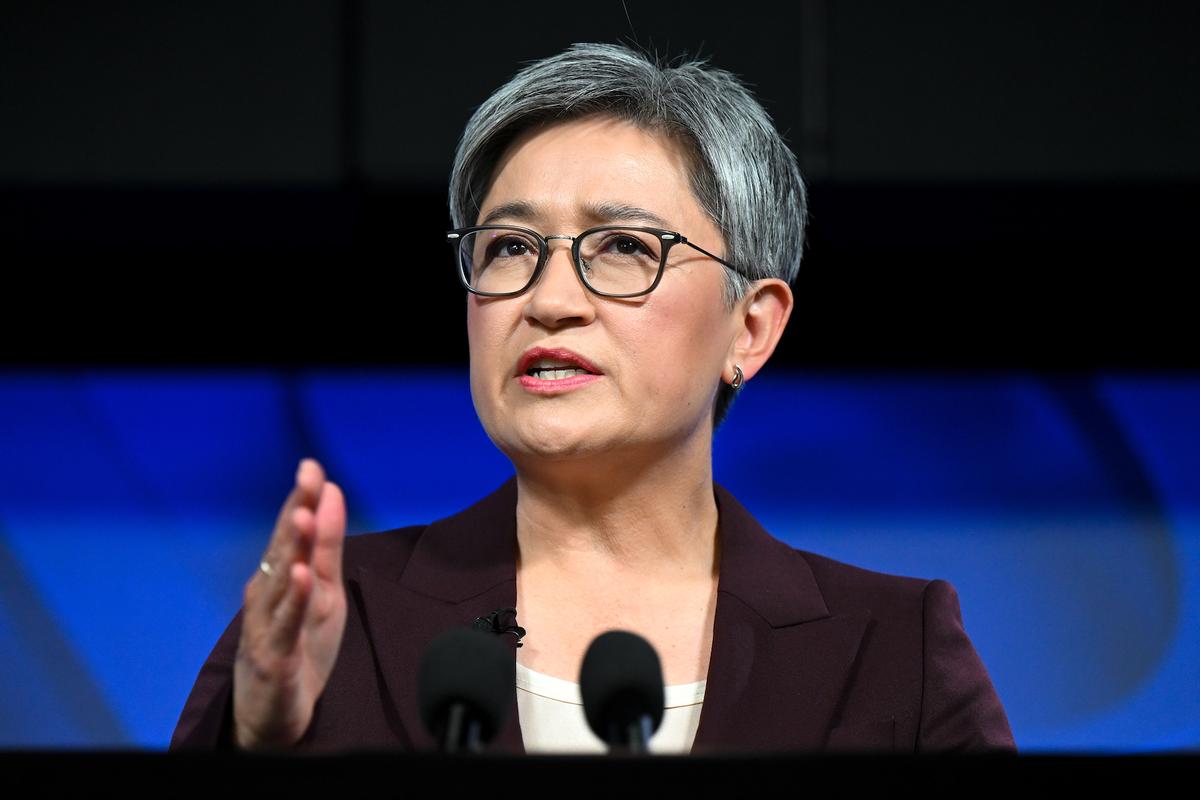
Ms. Wong mentioned that out of the $30 million package, $17 million will be utilized to develop new treatment options, especially medicines suitable for children, through a partnership with the Medicines for Malaria Venture organization.
James Cook University will receive $5 million in funding to aid in monitoring not only malaria but also dengue fever and the Zika virus, prevalent in the Pacific and Asia. The non-profit health organization PATH will partner with nations and receive $8 million to develop malaria diagnostic tests.
Additionally, Pacific Friends of Global Health is an Australian-based advocacy partner focused on improving health outcomes in the Pacific.
“Malaria is not only a threat to the health and wellbeing of communities in the Pacific and Southeast Asia, it also impacts education, tourism and economic growth,” Ms. Wong emphasized.
Chair and Burnet Institute CEO, Professor Brendan Crabb AC, commended the funding as “a strong commitment that builds on solid progress combating malaria in our region.”
“Australia, and in particular, Foreign Minister Penny Wong, is showing strong leadership on malaria. This welcome commitment reflects the world’s urgent need for greater resources and resolve to meet the goal of ending this ancient scourge as a major public health threat by 2030,” Mr. Crabb noted.
Ms. Wong further stated that the funding is an added boost to “existing support for malaria elimination, including through the Global Fund to Fight AIDS, Tuberculosis, and Malaria, the Asia Pacific Leaders Malaria Alliance, and the Innovative Vector Control Consortium.”
“Investing in our partnerships with our region and its capacity to test and treat malaria is clearly in Australia’s interest.”
